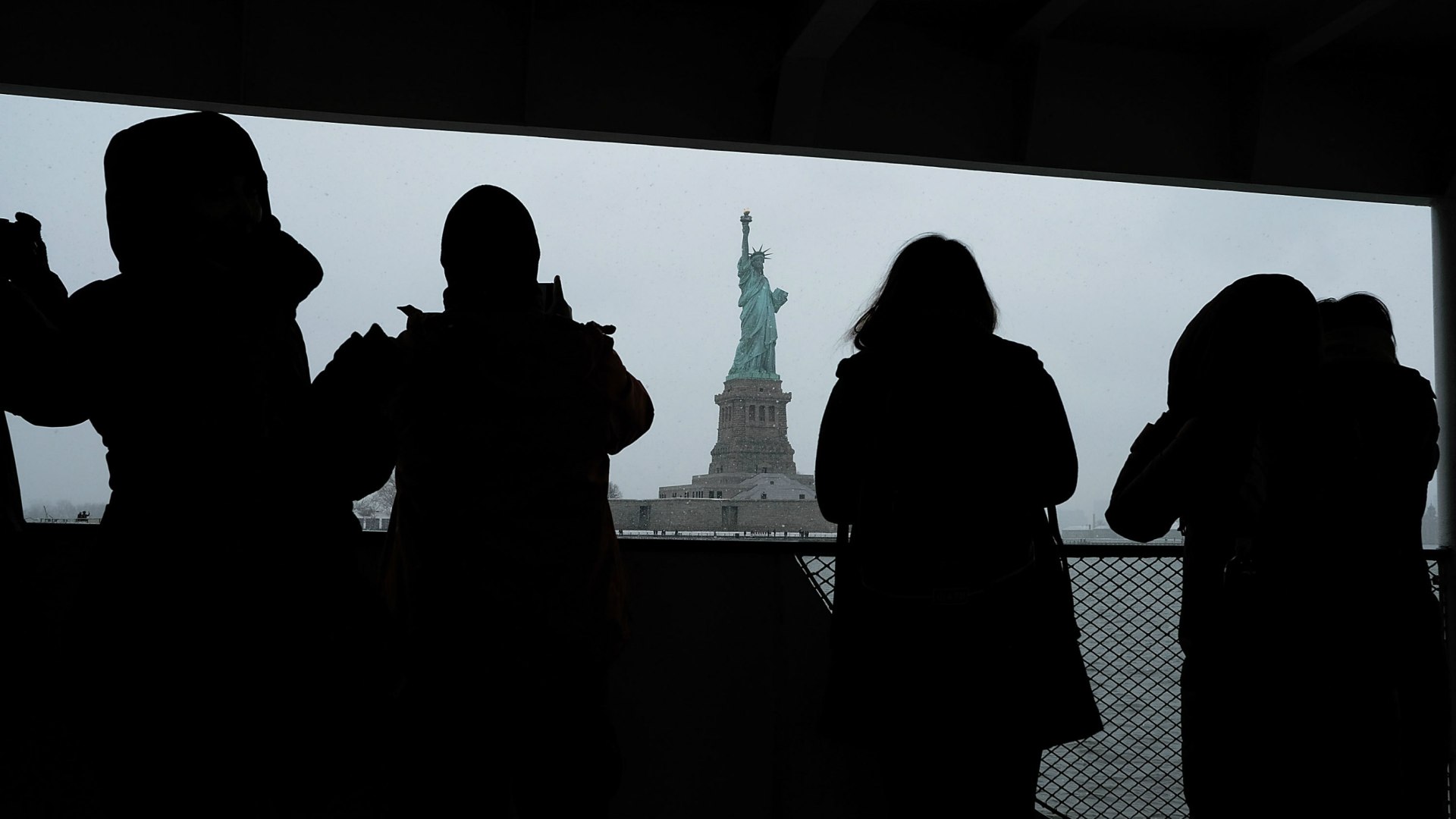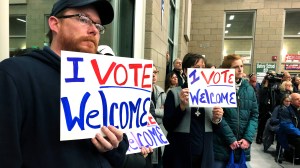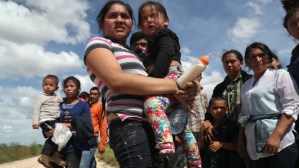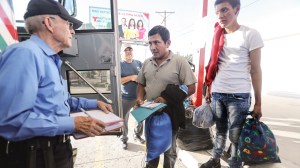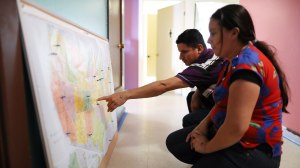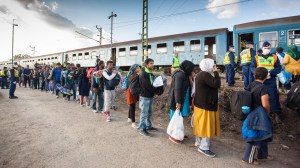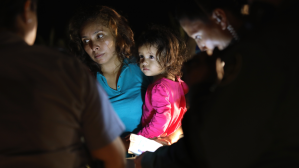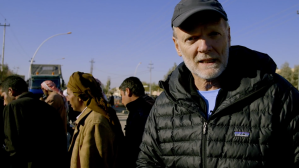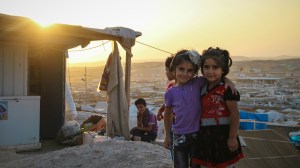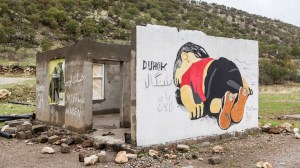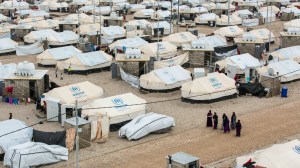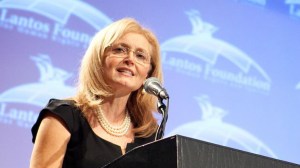In this series
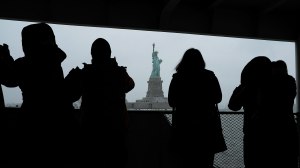
In just a few years, the United States has gone from a world leader in refugee resettlement to only admitting a fraction as many as it once did—a shift that has allowed fewer persecuted Christians and other religious minorities into the country.
On Thursday, World Refugee Day, the United Nations High Commissioner for Refugees declared a record-high 70.8 million people were displaced last year. Despite pleas from evangelicals, the Trump Administration continued to restrict the number of refugees admitted in the country to fewer than half of what it had been for decades.
The drop raised concerns over the fate of asylum seekers from countries where religious liberty is under attack, especially those deemed Tier 1 “countries of particular concern” (CPC) by the US Commission for International Religious Freedom (USCIRF).
Among refugees from USCIRF’s countries of concern, “the data shows a projected decline of 82 percent in the total number of refugees resettled to the US between 2016 and 2019,” according to a press release citing data collected and analyzed by Matthew Soerens, the US director of church mobilization at World Relief.
The number of Christians welcomed to the US from countries with the worst records of religious persecution has dropped by 70 percent, and the number of Muslims coming from such countries is down 90.7 percent.
To put that in perspective, in 2016 the US resettled almost 47,000 refugees from USCIRF’s countries of concern, including 14,551 Christians. At the current rate, fewer than 9,500 refugees from the same countries will resettle in America this year, and only 5,103 Christians.
According to Soerens, “the most significant factor is the refugee ceiling, the maximum number of refugees to be allowed to the US each fiscal year, which the Refugee Act authorizes the president to set on an annual basis and which President Trump set last fall at a historically low 30,000.”
As a result, Canada has surpassed the United States in refugee resettlement, the first time in the history of the United Nations refugee program that America fell behind any other country in terms of resettlement numbers.
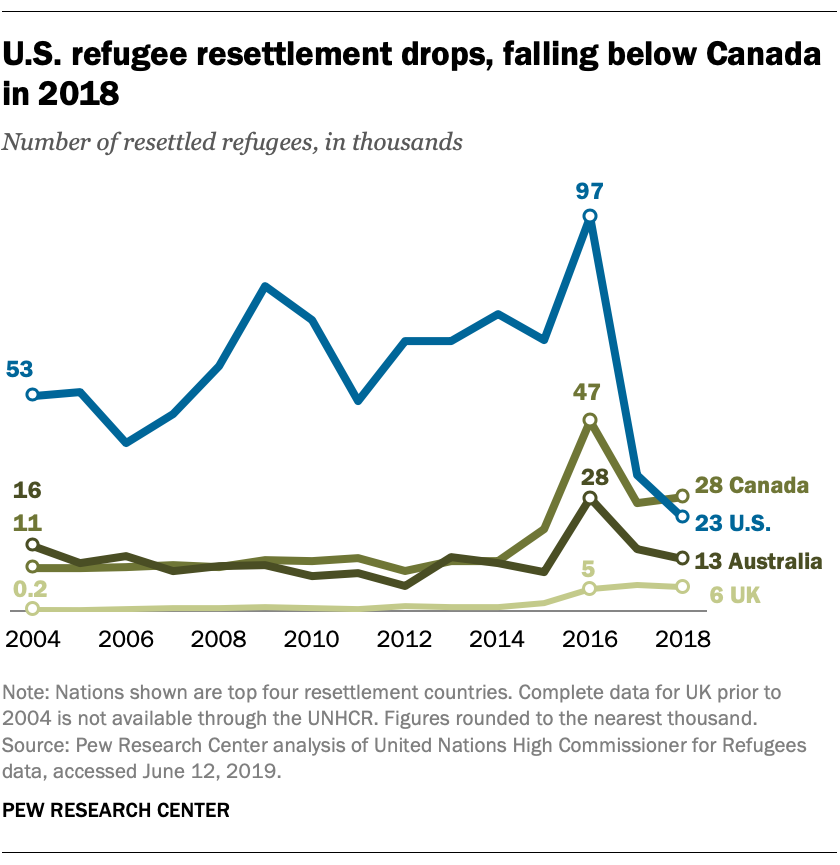
Canada’s most prominent asylum seeker to find safety there over the past year was Asia Bibi, the Pakistani Christian who concluded nearly a decade of fighting a death sentence for blasphemy. Though she found enormous support among US believers, including some who campaigned for the White House to offer her asylum, she ultimately moved to Canada last month, where World Relief says local churches have supported a private resettlement program for 28,000 refugees.
Meanwhile, in the US, the number of Christian refugees from Bibi’s home country of Pakistan, a CPC for religious freedom violations, is projected to fall by 59 percent.
And other top persecutors face starker declines; the numbers of Christian refugees from Iran, Iraq, and Syria are down 96 percent, 95 percent, and 85 percent, respectively.
While the US assisted 12,587 Syrian refugees in 2016 by bringing them into the country, in 2018 the number was 62. Syria is a leading religious freedom violator on USCIRF’s list and ranks No. 11 on the World Watch List.
“The message we’ve been sending to the administration is: you’re basically undercutting your entire religious freedom agenda because you’re shutting the door on persecuted people,” said Jenny Yang, World Relief’s vice president of advocacy and policy, according to The Washington Post.
In a statement released last month, World Relief president Scott Arbeiter said, “We are gravely concerned that the US has abdicated its role in exemplifying the moral leadership needed to meet the needs of the most vulnerable displaced around the world.”
Why the sharp decline in a time when religious persecution is said to be rising and Christians around the world, especially in the Middle East, face an existential crisis? Soerens cites a variety of factors.
“The specific executive orders that halted all resettlement temporarily in 2017 are generally no longer in effect,” he told CT, “but the US government has been processing cases overseas at a much slower pace.”
Part of that slowdown may be new vetting procedures. Another factor is deployment of Department of Homeland Security personnel, who must interview refugees, often multiple times, while they are still living in the places they’re trying to flee.
Though the refugee ceiling continues to drop year after year, Soerens still believes there are members of the administration who are concerned with the plight of persecuted religious minorities and want to see more resettlement in the US. “I’m praying their voices carry more weight in the years to come,” Soerens said.
President Trump must decide by October 1 where to set the refugee ceiling for fiscal year 2020.
According to USCIRF, the 16 worst countries for their abuses of freedom of religion and conscience are Burma, the Central African Republic, China, Eritrea, Iran, Nigeria, North Korea, Pakistan, Russia, Saudi Arabia, Sudan, Syria, Tajikistan, Turkmenistan, Uzbekistan, and Vietnam. All but one of these countries—Russia—also appears within the top 30 most dangerous countries for Christians, according to the World Watch List.
The commission’s Tier 2 countries of concern include Afghanistan, Azerbaijan, Bahrain, Cuba, Egypt, Indonesia, India, Iraq, Kazakhstan, Laos, Malaysia, and Turkey.

